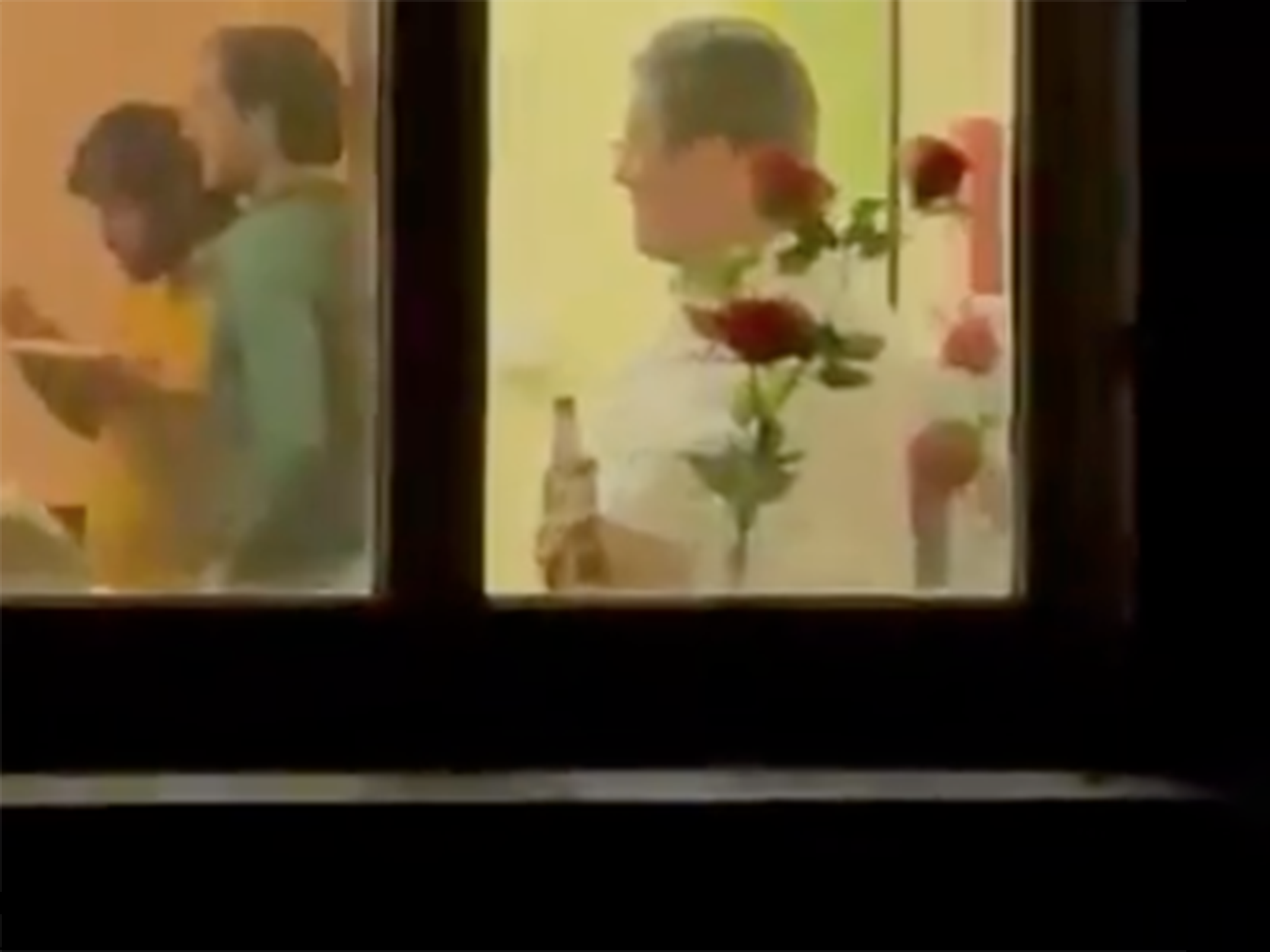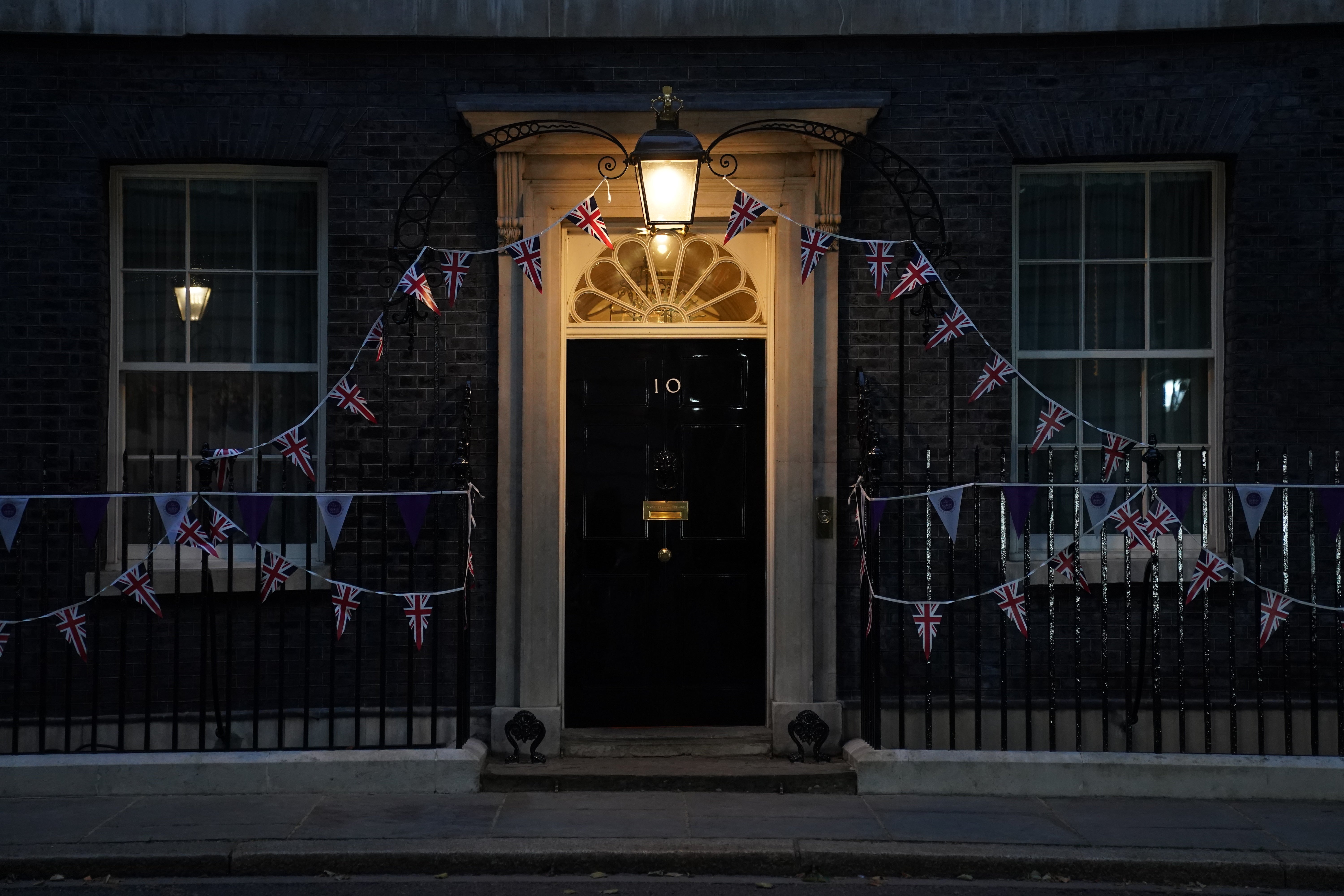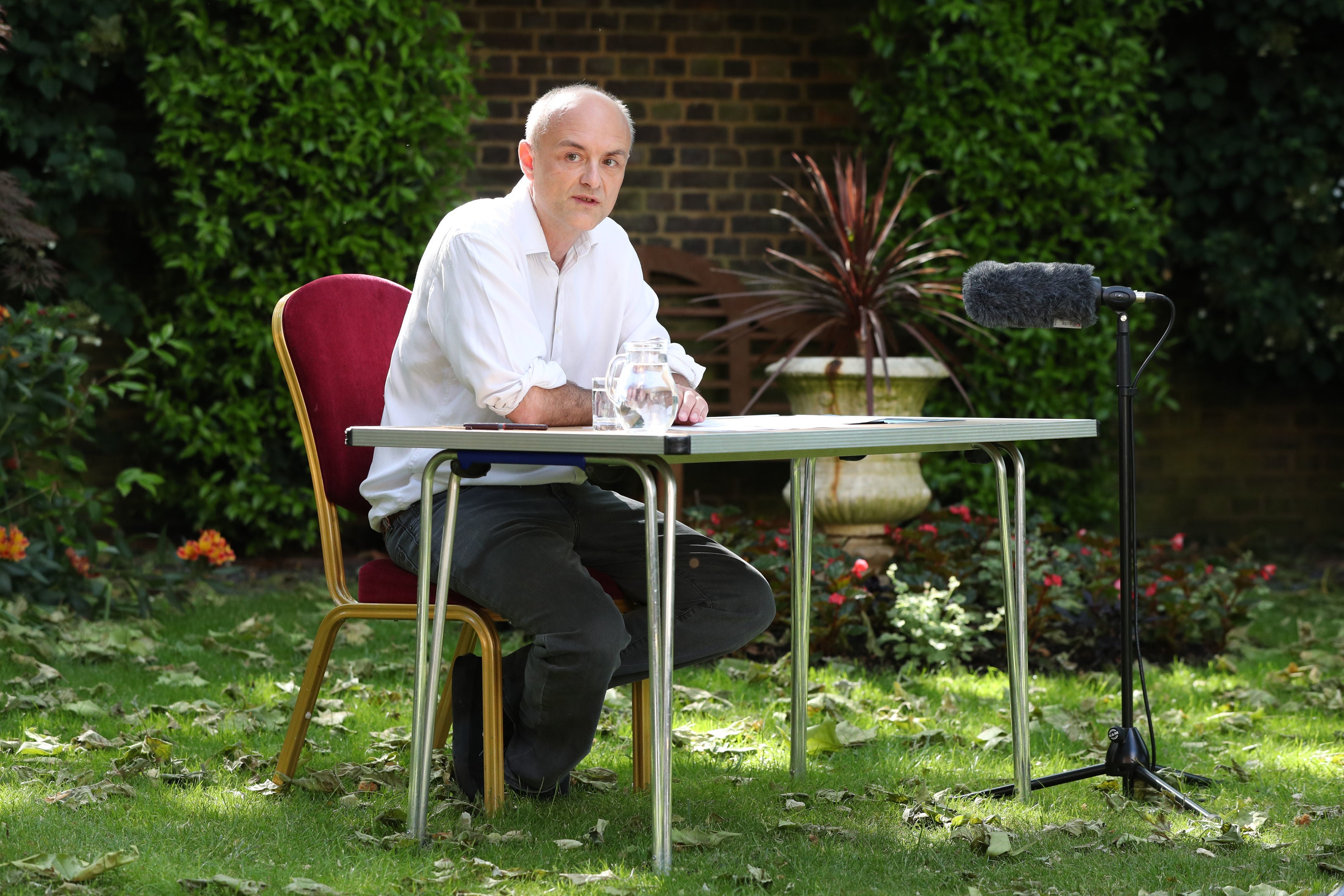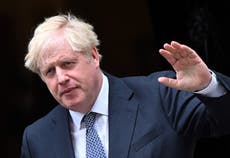Beergate v Partygate: Why Keir Starmer wasn’t fined and Boris Johnson was
In both cases, police considered whether the gatherings were ‘reasonably necessary for work’
Your support helps us to tell the story
From reproductive rights to climate change to Big Tech, The Independent is on the ground when the story is developing. Whether it's investigating the financials of Elon Musk's pro-Trump PAC or producing our latest documentary, 'The A Word', which shines a light on the American women fighting for reproductive rights, we know how important it is to parse out the facts from the messaging.
At such a critical moment in US history, we need reporters on the ground. Your donation allows us to keep sending journalists to speak to both sides of the story.
The Independent is trusted by Americans across the entire political spectrum. And unlike many other quality news outlets, we choose not to lock Americans out of our reporting and analysis with paywalls. We believe quality journalism should be available to everyone, paid for by those who can afford it.
Your support makes all the difference.Beergate is the third high-profile police investigation into gatherings involving politicians during Covid restrictions.
Each of the probes, into Dominic Cummings’ lockdown trip to Durham, Partygate and then Beergate, have ended with dramatically different results.
The variation is a consequence of the changing Covid laws that were in place at different points, the application of exceptions to restrictions and shifting police positions on whether to punish breaches retrospectively.
How did the law work?
A set of laws called the Health Protection Regulations were changed throughout the pandemic to enforce different restrictions, including national lockdowns.
They set the legal limits on gatherings, but also provided defences and exemptions.
At all times, a defence of “reasonable excuse” was built into the law and lists of examples given in legislation were not exhaustive.
The wording of the laws in place during both Beergate and Partygate, read: “A person commits an offence if, without reasonable excuse … [they] contravene a restriction.”
It means that police had discretion to decide whether someone had broken the law, or had a legal defence for doing something that appeared to be a Covid breach on the face of it.
Investigators accepted that the gathering Sir Keir Starmer and Angela Rayner attended in Durham was covered by a legal exemption for work, while the impromptu birthday party that resulted in fines for Boris Johnson and Rishi Sunak was not.
What laws were in place during Beergate?
At the time, “step two” Health Protection Regulations were in force, which made gatherings of more than two people indoors illegal unless they were subject to one of numerous exemptions.
Those included being “reasonably necessary for work purposes”.
Durham Constabulary found the exemption applied to the Labour gathering at Durham’s Miners’ Hall on 30 April 2021.
It took place during campaigning for the Hartlepool by-election and upcoming local elections.
When questioned about why he was filmed drinking a beer with a takeaway curry, Sir Keir said: “I simply had something to eat whilst working late in the evening, as any politician would do days before an election.”
The default fine for attending a gathering or committing other offences was £200, although far larger fines could be given for large events or organisers.
Police did not detail their findings in full, but said in a statement: “There is no case to answer for a contravention of the regulations, due to the application of an exception, namely reasonably necessary work.
“Accordingly, Durham Constabulary will not be issuing any fixed penalty notices in respect of the gathering and no further action will be taken.”

What laws were in place during Partygate?
Because different gatherings happened at different stages of restrictions, the Metropolitan Police fined people for breaching six different offences.
For the 20 May 2020 “bring your own booze” garden party, which the prime minister said he attended for 25 minutes thinking it was a “work event”, attendees were fined for “being outside of the place they were living without reasonable excuse”.
Because Downing Street is the prime minister’s official residence, he was not in scope of the offence but staff and any other non-residents were.
Events held on the remaining seven dates that saw fines handed out contravened different Covid laws, which restricted gatherings of different types.
The flexible “reasonable excuse” defence in force, meaning police had to consider individual reasons for apparent breaches on a case-by-case basis.
There was also the broad exemption on gatherings that were “reasonably necessary for work purposes” during events that Boris Johnson attended, and the 30 April 2021 Beergate gathering in Durham.
That is likely to be the core defence argued by many attendees at Downing Street gatherings, many of which followed the end of the working day.

What have police said about their reasoning?
Scotland Yard refused to comment on individual cases but confirmed that it had given every person considered for a fine an opportunity to put forward a reasonable excuse for their presence at gatherings in written questionnaires.
A statement said that officers had looked at both the circumstances of the event and the “actions of the individual” concerned.
“Each line of enquiry looked at the date, the circumstances behind each event, and the actions of the individual, benchmarked against the legislation at that time, to establish whether their behaviour met the criminal threshold for an FPN referral to be made,” a statement said.
“We took great care to ensure that for each referral we had the necessary evidence to prosecute the FPN at court, were it not paid.”
Police first gathered evidence on an event, then carried out separate assessments for each individual present.
In order to fine them, police said they needed a “reasonable belief that the individual had committed an offence under the regulations”.
They looked at whether the gathering itself met an exception under Covid laws, and if it didn’t, “whether the individual had a reasonable excuse for participating in that gathering”.
Durham Constabulary released less information on its process but is known to have sent a questionnaire, most likely along the lines of the Metropolitan Police documents, to attendees.
The force said it had fathered a “substantial amount of documentary and witness evidence, which identified the 17 participants and their activities”.
Have police treated politicians’ gatherings differently to those of the public?
Police across the country had a policy against retrospective Covid investigations throughout the pandemic, meaning that the vast majority of fines were handed out on the spot by police officers.
That meant that people were frequently issued with penalties without formal evidence-gathering or interviews, and had to risk prosecution in order to contest them.
Because both the Partygate and Beergate probes were rare retrospective investigations, the process has been much more formal and potentially resulted in people having a better chance of putting forward a defence before being given a fine.
Kirsty Brimelow QC, a human rights barrister who has represented people fighting Covid fines, told The Independent: “What I saw in cases up and down that country is that the ‘reasonable excuse’ part was never applied – police would only look at exemptions around the gathering itself.
“In the cases I looked at it was ‘well, if you consider you’ve got a defence you can take your chances in the magistrates’ court’.”
Durham Constabulary previously investigated Dominic Cummings, then the prime minister’s chief adviser, for taking his family from London to the northeast while infected with coronavirus during the first national lockdown.

Officers concluded that he might have committed a “minor breach” of the law by driving to Barnard Castle, but that issuing a fine months later “would amount to treating Mr Cummings differently from other members of the public”.
The force added: “Durham Constabulary has not taken retrospective action against any other person.”
Following Partygate, a precedent is now in place for issuing retrospective fines for Covid breaches.
The Metropolitan Police had initially resisted the move itself before performing a U-turn amid widespread outrage over reports of numerous illegal parties in Downing Street.
Following the Cummings scandal in 2020, commanders in charge of the policing response to Covid had issued a direction to all forces saying that retrospective investigations could be carried out for egregious breaches, if they were merited, proportionate and in the public interest.
But the decision on what meets those criteria still sits with individual forces
Durham Constabulary initially decided to take no action over images of Sir Keir drinking a beer inside the constituency office of Labour MP Mary Foy, which resurfaced while being widely shared by Conservatives during the Partygate scandal.
It said it changed its position in May “following the receipt of significant new information”.



Join our commenting forum
Join thought-provoking conversations, follow other Independent readers and see their replies
Comments